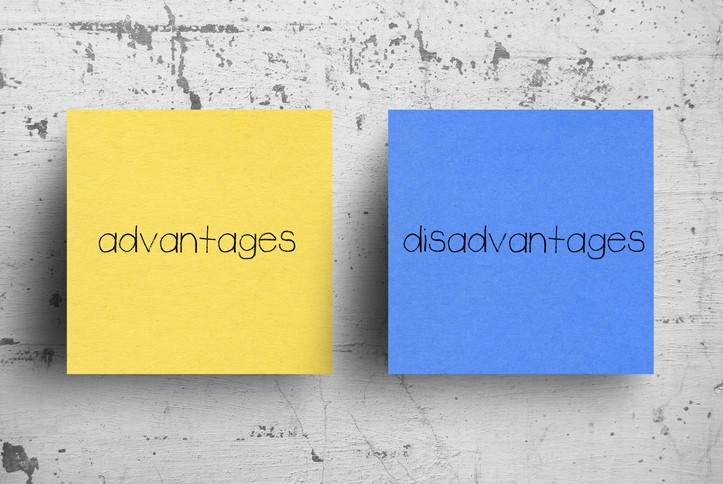If you open your wallet or purse and take a look through your credit or debit cards, the likelihood is that each one will either have a Mastercard or Visa symbol on it. Have you ever thought about whether it mattered which one you had? Or whether there are benefits of one over the other?
Maybe you have.
So what’s the answer? Let’s take a look and see if there are really any differences between Mastercard and Visa that you need to be aware of.
What are Mastercard and Visa?
Mastercard and Visa are financial technology companies that process transactions made by credit and debit cards which are issued by banks or financial providers. It is very important to understand that neither Mastercard or Visa issue cards, instead, they are simply there to facilitate payments.
The vastly simplified explanation is that each company’s payment network does this by checking with the card provider if the transaction should be accepted or declined (‘Hey there! Does this customer have enough funds for this transaction?’), confirming with the retailer that the payment can be made (‘Ok, it’s all good!’) and then processing the payment.
But… is there a difference?
In short, no. Both are accepted worldwide at most retailers. It would be very rare to find somewhere that accepted credit cards, but did not accept either Mastercard or Visa.
Both Visa and Mastercard provide additional security for online payments in the form of Mastercard SecureCode and Verified by Visa. Both also work out foreign exchange when you use your card abroad.
If you are comparing credit cards, whether or not a given card is a Mastercard or Visa really shouldn’t factor. Instead focus on what the provider is offering in terms of interest-free introductory periods, APRs, fees and rewards. This will give you a better picture of what is a good deal for you.
Any special benefits?
The one area where Mastercard and Visa diverge in terms of what they offer is promotions and benefits. It’s key to note that which benefits are featured depends entirely on the specific card and the issuer.
Mastercard has its World Elite Mastercard which comes with luxury travel benefits such as a concierge service, global VIP recognition and access and other special promotions.
In turn, Visa has its Visa Premium card which includes travel, dining and leisure offers, higher spending limits and access to the Visa Luxury Hotel Collection. As you can tell, they are much of a muchness.
However, one area where a payment provider may win out over the other is sponsorship of specific events. For example, Mastercard currently sponsors the UEFA Champions League, The BRIT Awards and Rugby World Cup among many others, while Visa is sponsoring the FIFA Women’s World Cup France 2019. As part of the sponsorship arrangements the payment providers may offer exclusive competitions for tickets or experiences, which, depending on your interests, may be of more value to you than to others.
Verdict
In reality, whether your card is Mastercard or Visa is neither here nor there.
What matters is what rate you will be charged if you haven’t paid off your balance, what your minimum payment is, if it has 0% on balance transfers or purchases, or whether or not you will be charged a foreign transaction fee. It may be a worthwhile exercise just to explore what benefits you can receive as either a Mastercard or Visa cardholder, but the real benefit will come from researching what the card issuer is offering and whether or not this suits your financial needs.







